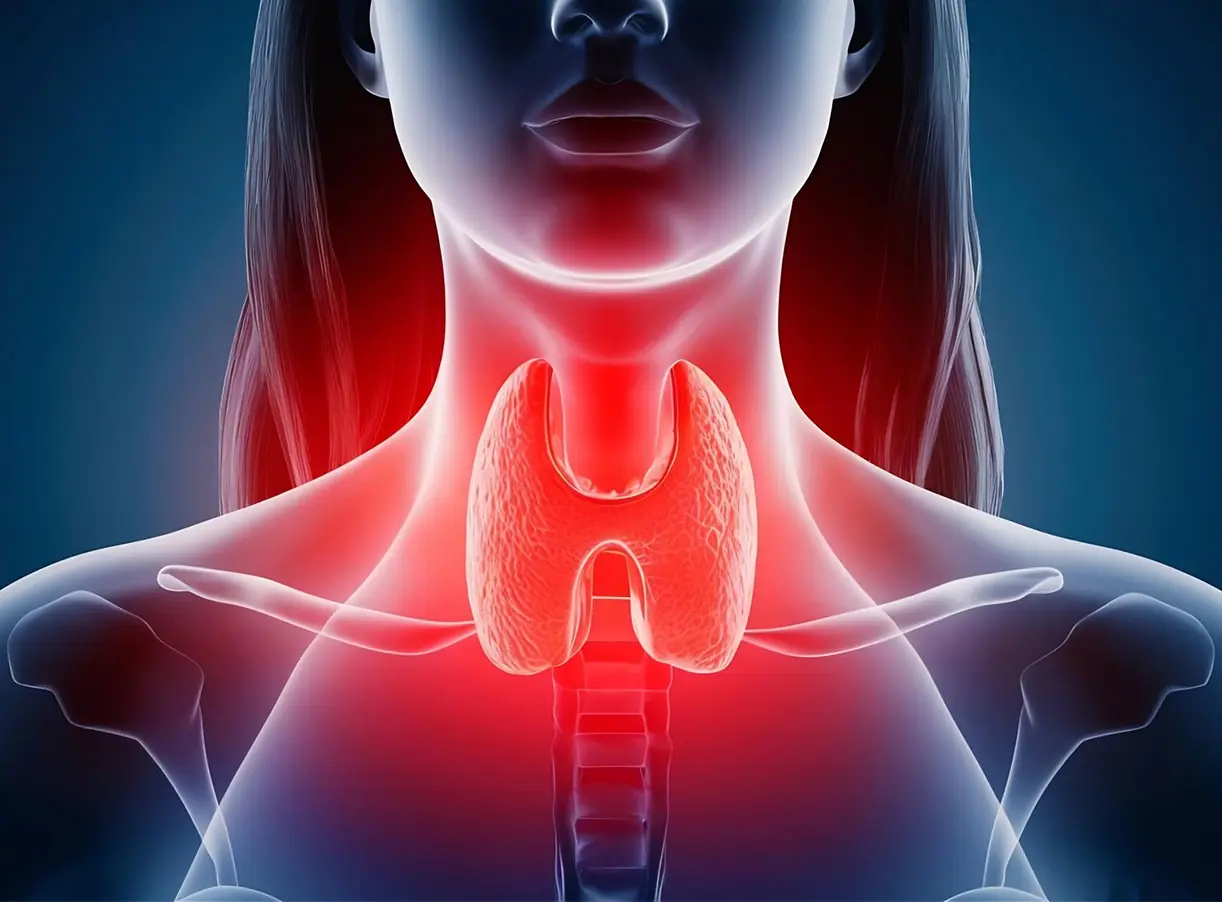
Should People with Thyroid Problems Avoid Soy? Warning: These 2 Supplements Could Accelerate Thyroid Cancer
The Thyroid – A Vital Part of the Human Body
The thyroid gland plays a crucial role in maintaining overall health. Only when it functions properly can the body stay in balance.
In recent years, thyroid diseases have been on the rise, with nearly 20% of the population in China affected—meaning that one in five people may suffer from a thyroid condition.
If diagnosed with a thyroid disorder, timely medical intervention and proper treatment are essential. Conditions such as thyroid nodules can often be successfully treated if addressed early.
Main Functions of the Thyroid
1. Supports Growth and Development
- The thyroid produces thyroid hormones, which are essential for the growth and development of bones, the brain, and reproductive organs during infancy.
- Without thyroid hormones, the pituitary gland's growth hormone cannot function properly, increasing the risk of cretinism (severe developmental delay).
👉 Newborns should receive appropriate thyroid hormone supplementation if needed to support brain and nervous system development.
2. Regulates Metabolism
- Thyroid hormones stimulate oxidation processes, increase glycogen breakdown, boost oxygen consumption, and enhance the body's basal metabolic rate, leading to greater heat production.
3. Enhances Nervous System Activity
- The thyroid gland also regulates other hormones, increases heart rate, improves cardiac contraction strength, and enhances blood circulation.
Five Warning Signs of Thyroid Disorders
1. Sudden Weight Loss
- Thyroid disorders can cause significant weight loss in a short period.
- In hyperthyroidism (overactive thyroid), metabolic rates increase dramatically, leading to rapid weight loss despite normal or increased food intake.
- This happens because the sympathetic nervous system becomes overactive, causing higher energy consumption.
👉 If you experience unexplained weight loss, consult a doctor to check your thyroid function.
2. Neck Pain
- Thyroid disease can cause pain in the neck area.
- In the early stages, the tumor or swelling may be small, so many patients don’t notice discomfort and delay seeking medical attention.
- As the condition worsens, neck pain becomes more pronounced.
👉 Persistent neck pain should not be ignored—early diagnosis is key.
3. Mood Swings and Irritability
- The thyroid is an endocrine gland, meaning it regulates hormone levels in the body.
- Excessive thyroid hormone production (hyperthyroidism) can cause irritability, anxiety, and sudden mood swings.
- Insufficient thyroid hormone (hypothyroidism) often leads to depression and fatigue.
👉 If you experience drastic mood changes, consider having your thyroid checked.
4. Difficulty Swallowing
- An enlarged thyroid (goiter) can put pressure on the esophagus, making swallowing difficult.
- As thyroid disease progresses, the thyroid gland may grow larger, worsening swallowing difficulties.
👉 If you frequently feel like something is stuck in your throat, get a thyroid evaluation.
Should People with Thyroid Conditions Avoid Soy?
Soy consumption has increased significantly worldwide. With advancements in food processing, soybeans are now commonly found in soy milk, tofu, miso, tempeh, and soy-based sauces.
Soybeans have been cultivated in China for over 5,000 years and are rich in high-quality protein, lecithin, natural phytoestrogens, unsaturated fats, essential minerals, and vitamins.
Why Do People Say Soy is Bad for the Thyroid?
- Soy contains isoflavones, a type of plant-based estrogen.
- Some believe excessive soy consumption may disrupt hormone balance and interfere with normal thyroid hormone production.
👉 However, research suggests that moderate soy intake is safe for people with thyroid issues.
- Soy provides valuable plant-based protein and does not directly worsen thyroid nodules or conditions.
- The key for thyroid patients is to monitor iodine intake and follow medical treatment recommendations.
Warning: These 2 Supplements May Worsen Thyroid Disease or Increase Cancer Risk
1. White Fungus (Tremella or Snow Fungus)
- Often called the "affordable bird’s nest", white fungus is rich in collagen, potassium, dietary fiber, vitamin B1, beta-carotene, and essential minerals.
- It is widely believed to boost the immune system and promote overall health.
- However, for people with thyroid nodules, white fungus may stimulate thyroid growth, making the condition worse.
👉 If you have thyroid nodules, it’s best to avoid white fungus to prevent disease progression.
2. Clams (and Other High-Iodine Seafood)
- Clams, like other shellfish and seafood, contain high levels of iodine.
- Overconsumption of iodine-rich seafood, such as mussels, crabs, shrimp, and oysters, can disrupt thyroid function, leading to worsening symptoms in thyroid disease patients.
👉 People with thyroid disorders should limit seafood intake, especially if they have nodules or are at risk of thyroid cancer.
Best Treatment Options for Thyroid Nodules
1. Conventional Medicine (Western Treatment)
- Many thyroid patients seek Western medical treatment first, where options typically include surgery or observation.
- In many cases, thyroid nodules are monitored rather than immediately removed.
- Surgical treatment is often recommended for larger nodules or cancerous tumors, but recurrence rates can be high after surgery.
2. Surgery
- If a thyroid nodule is large or cancerous, surgical removal may be necessary.
- In subtotal thyroidectomy (partial removal), the patient undergoes general anesthesia, and the affected tissue is removed.
- Postoperative recovery and monitoring are crucial to prevent complications.
3. Radioactive Iodine Therapy (Iodine-131 Treatment)
- Some thyroid nodules absorb iodine, making radioactive iodine therapy (RAI) a treatment option.
- Side effects include nausea, vomiting, dizziness, and fatigue.
- Pregnant and breastfeeding women should not undergo RAI therapy due to risks of fetal abnormalities.
- A major risk of RAI therapy is permanent hypothyroidism, requiring lifelong hormone replacement therapy.
Final Thoughts
📌 People with thyroid conditions can consume soy in moderation but should avoid high-iodine seafood like clams and mussels.
📌 White fungus and iodine-rich seafood can worsen thyroid disease—avoid them if you have thyroid nodules.
📌 If you experience unexplained weight loss, neck pain, mood swings, or difficulty swallowing, seek medical advice to check your thyroid health. 💡
News in the same category


Eliminates bloated belly, clears urinary infections, and cleanses fatty liver.
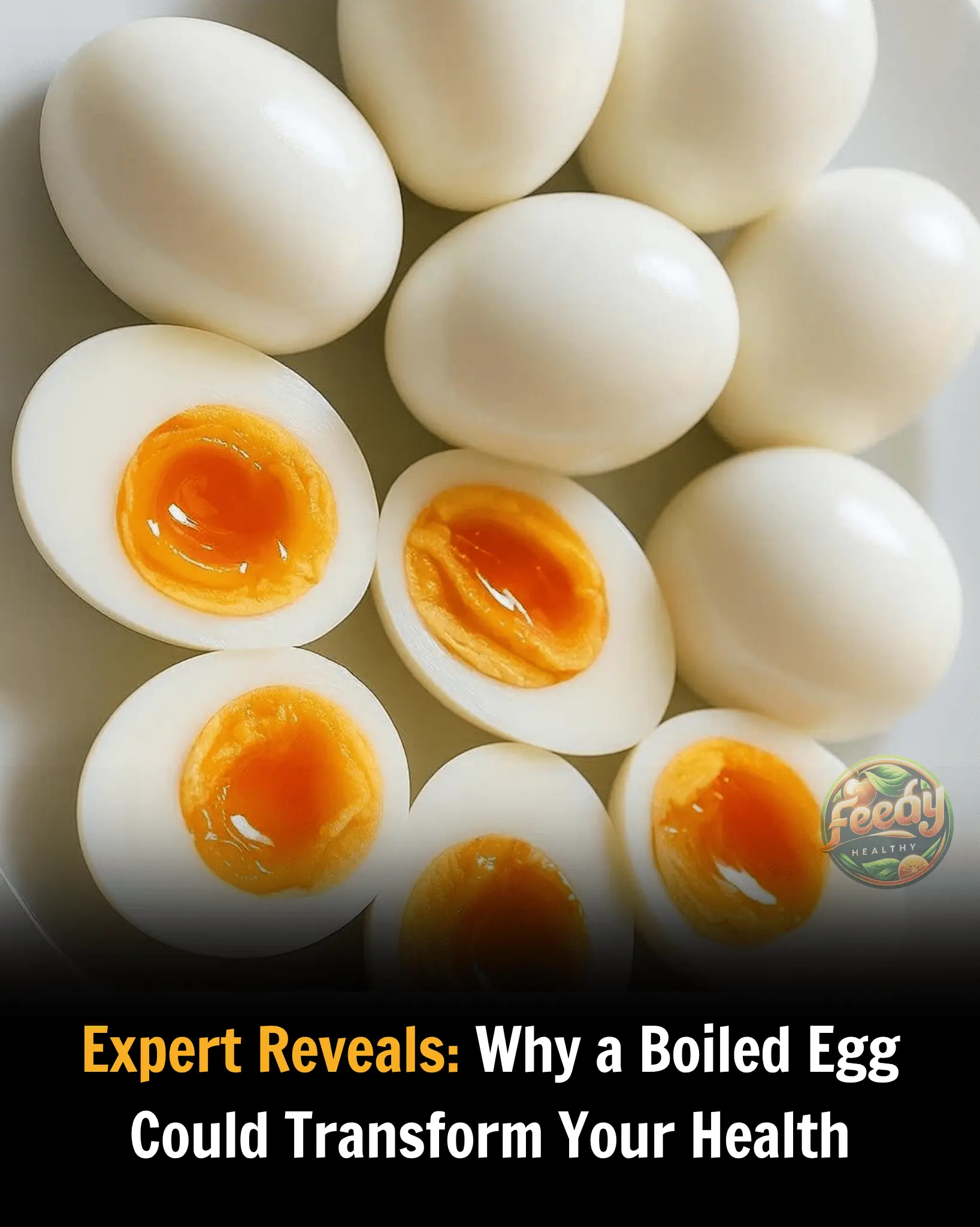
Expert Reveals: Why a Boiled Egg Could Transform Your Health
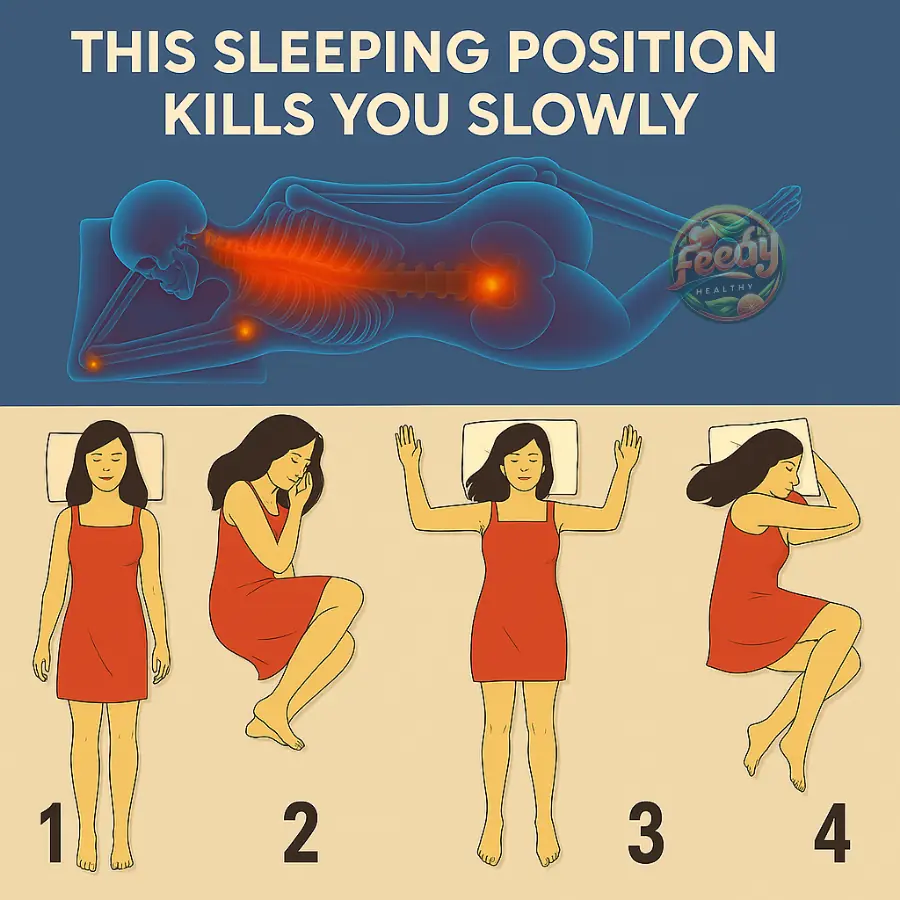
The Most Dangerous Sleeping Position: What You Didn’t Know

5 Things Doctors Say You Should Never Give Your Kids to Help Prevent Cancer

5 Foods Dubbed “Vacuum Cleaners” for the Lungs: Eat Them Regularly to Cleanse Your Lungs
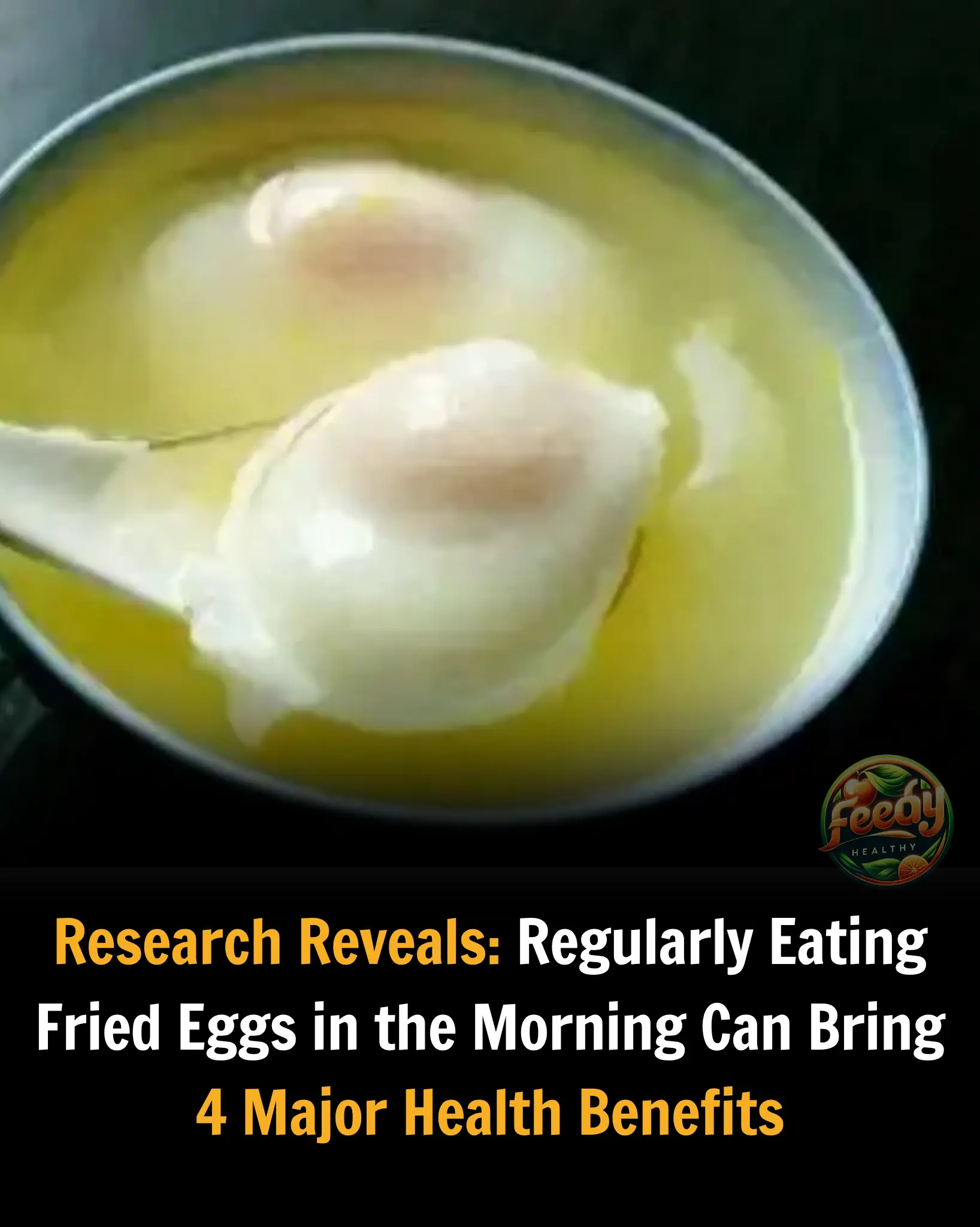
Research Reveals: Regularly Eating Fried Eggs in the Morning Can Bring 4 Major Health Benefits
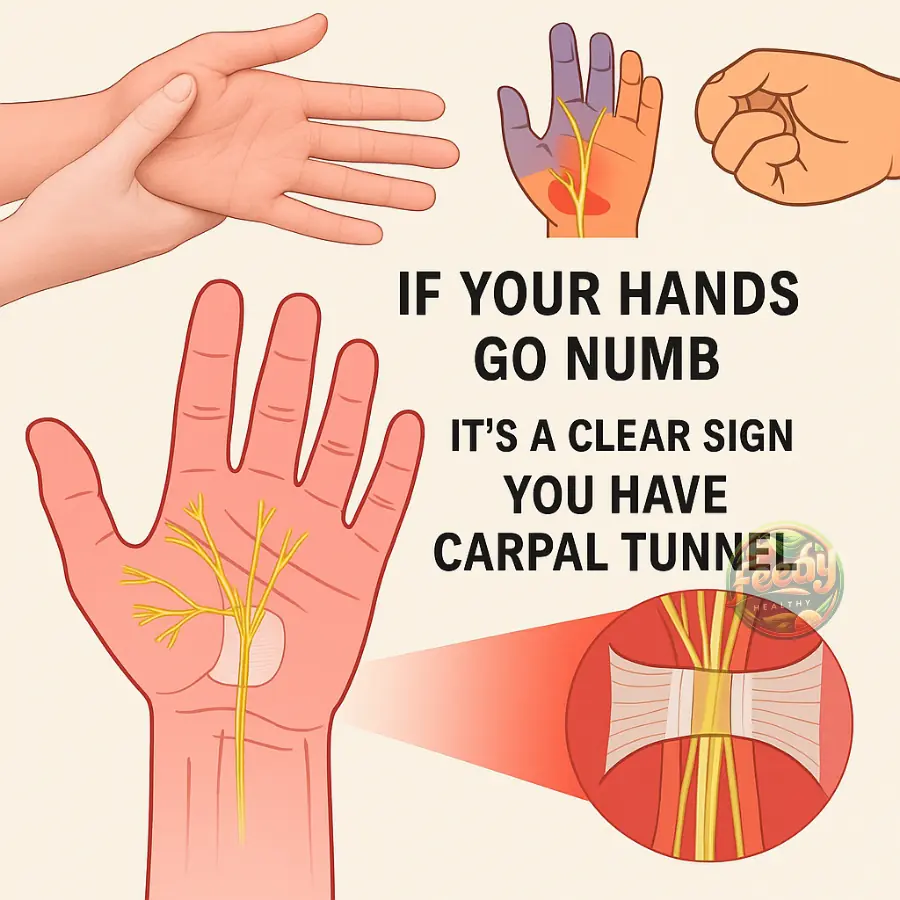
Why Do Your Hands Go Numb? Signs and Solutions to Improve Your Health

Silent Symptoms of Anemia You Should Never Ignore
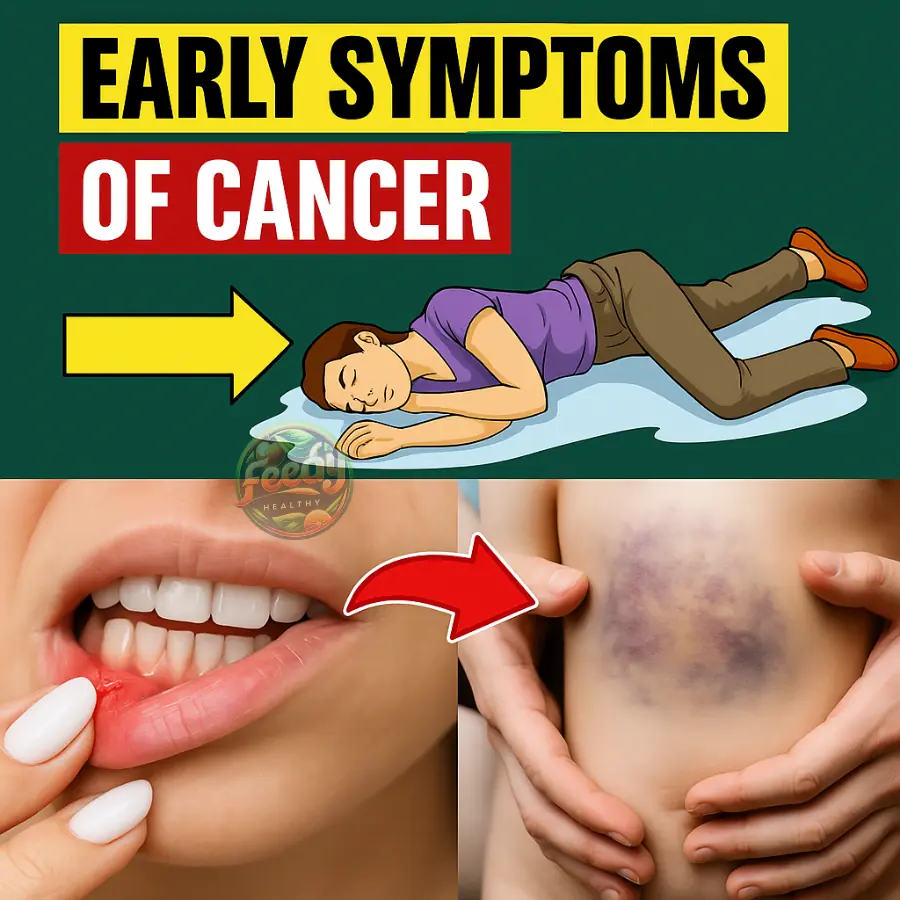
12 Silent Signs of Cancer You Shouldn't Ignore
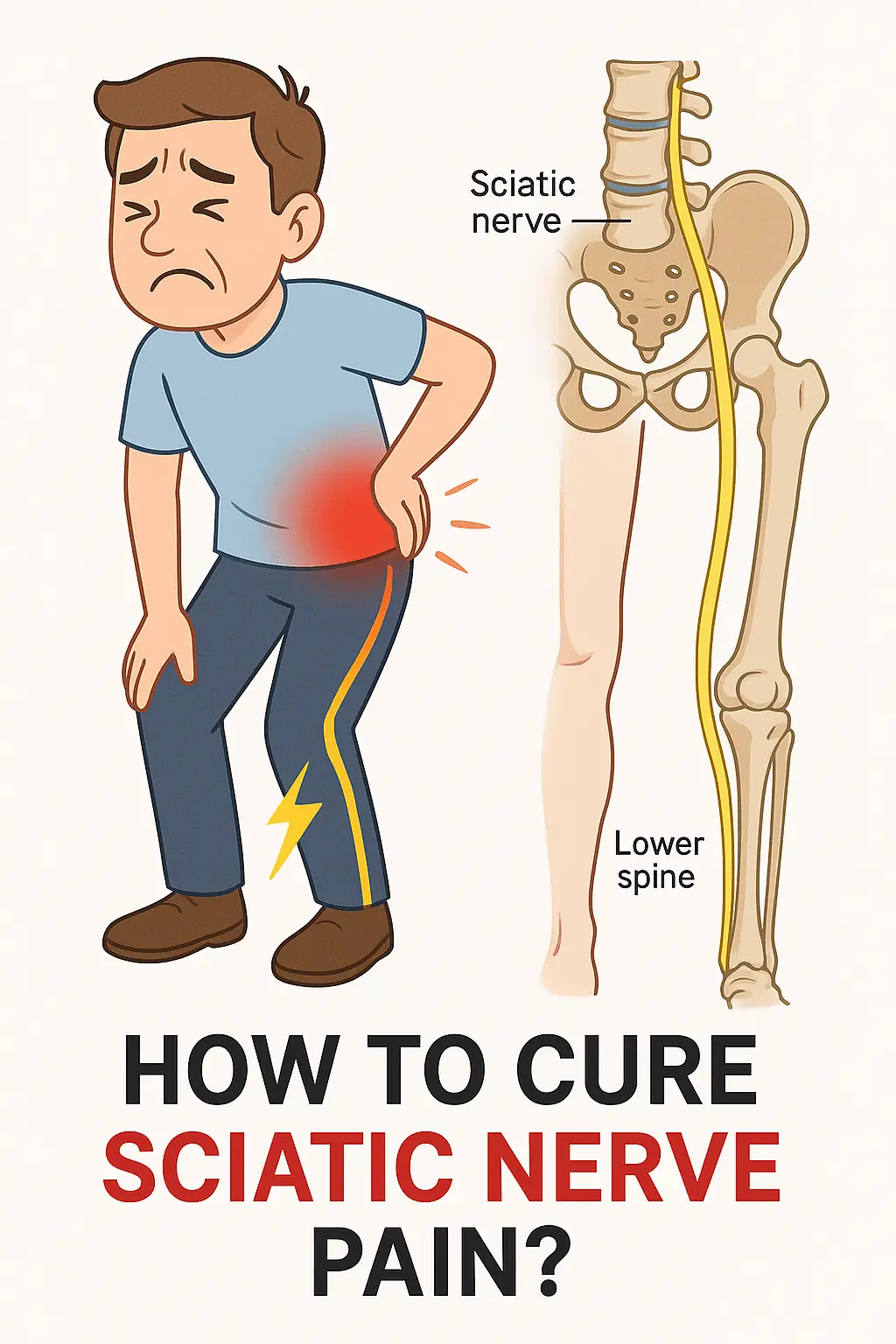
How to Cure Sciatic Nerve Pain: A Guide to Natural Remedies

Onion and Peels: Natural Remedies for Bladder and Prostate Health
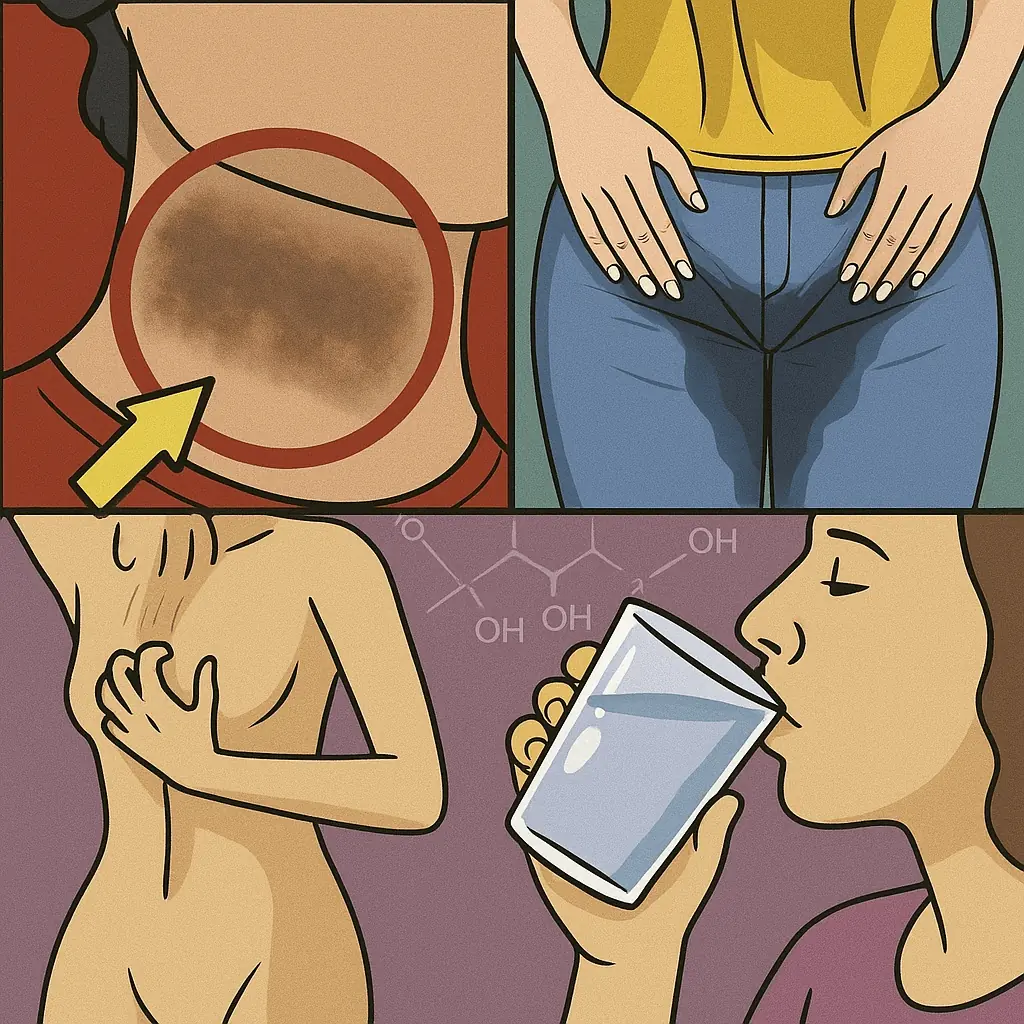
8 Signs You Have Too Much Sugar in Your Body

Signs and Management of Common Groin Skin Issues
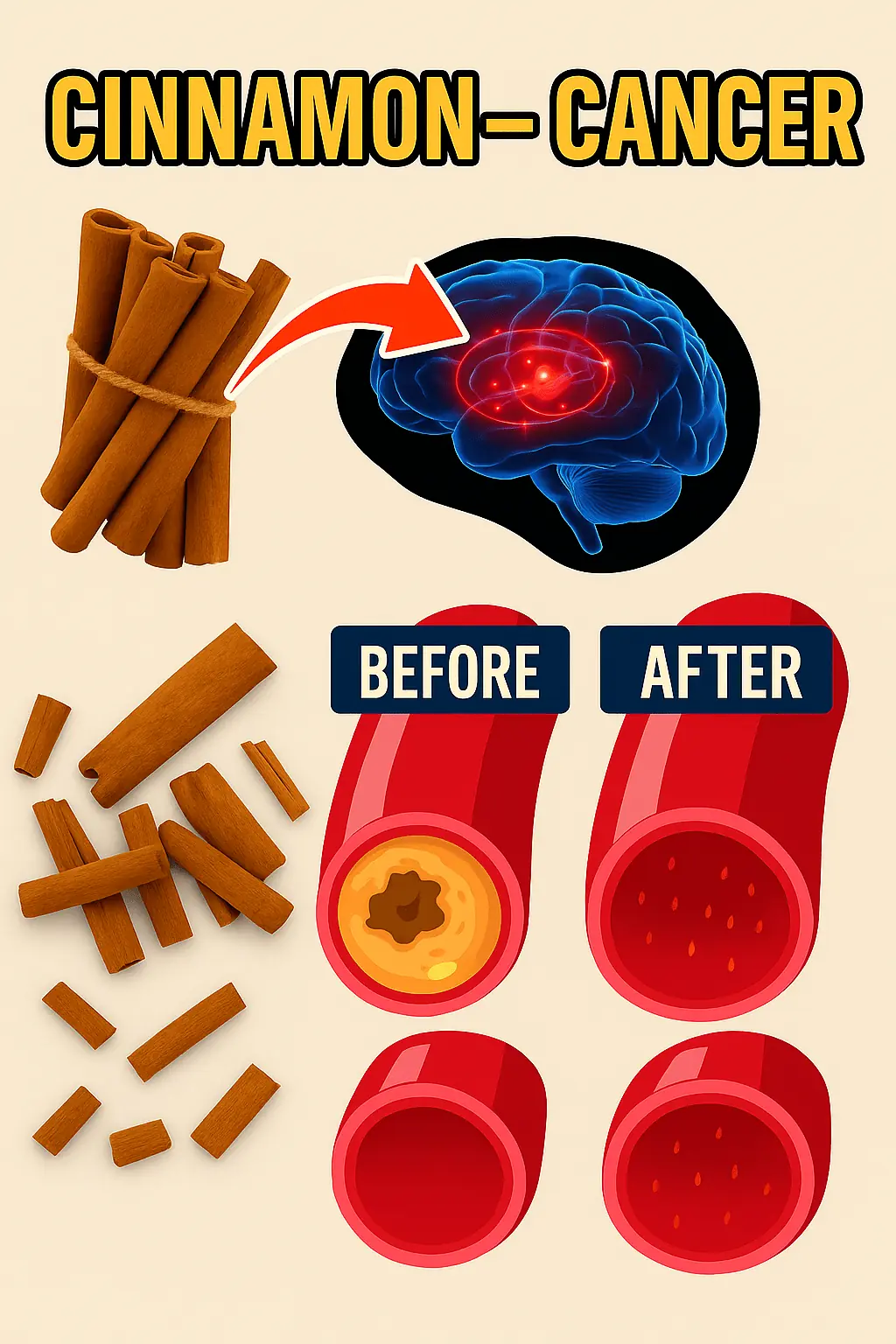
Discover the Unexpected Health Benefits of Cinnamon
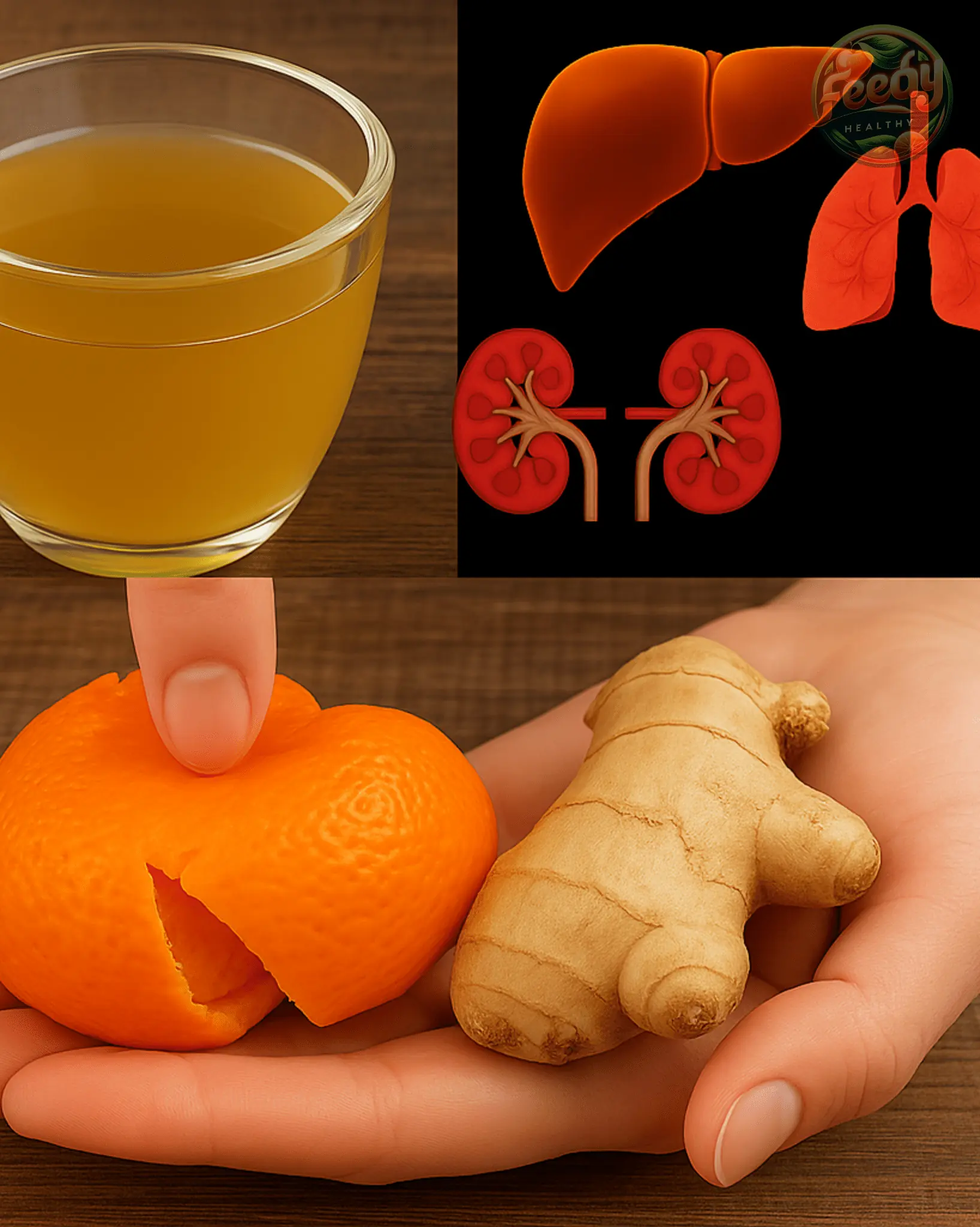
Unveiling Nature’s Detox Secrets: Gently Cleanse Your Kidneys, Liver, and Lungs

Why Kidney Failure Is Striking The Young—And How To Stop It
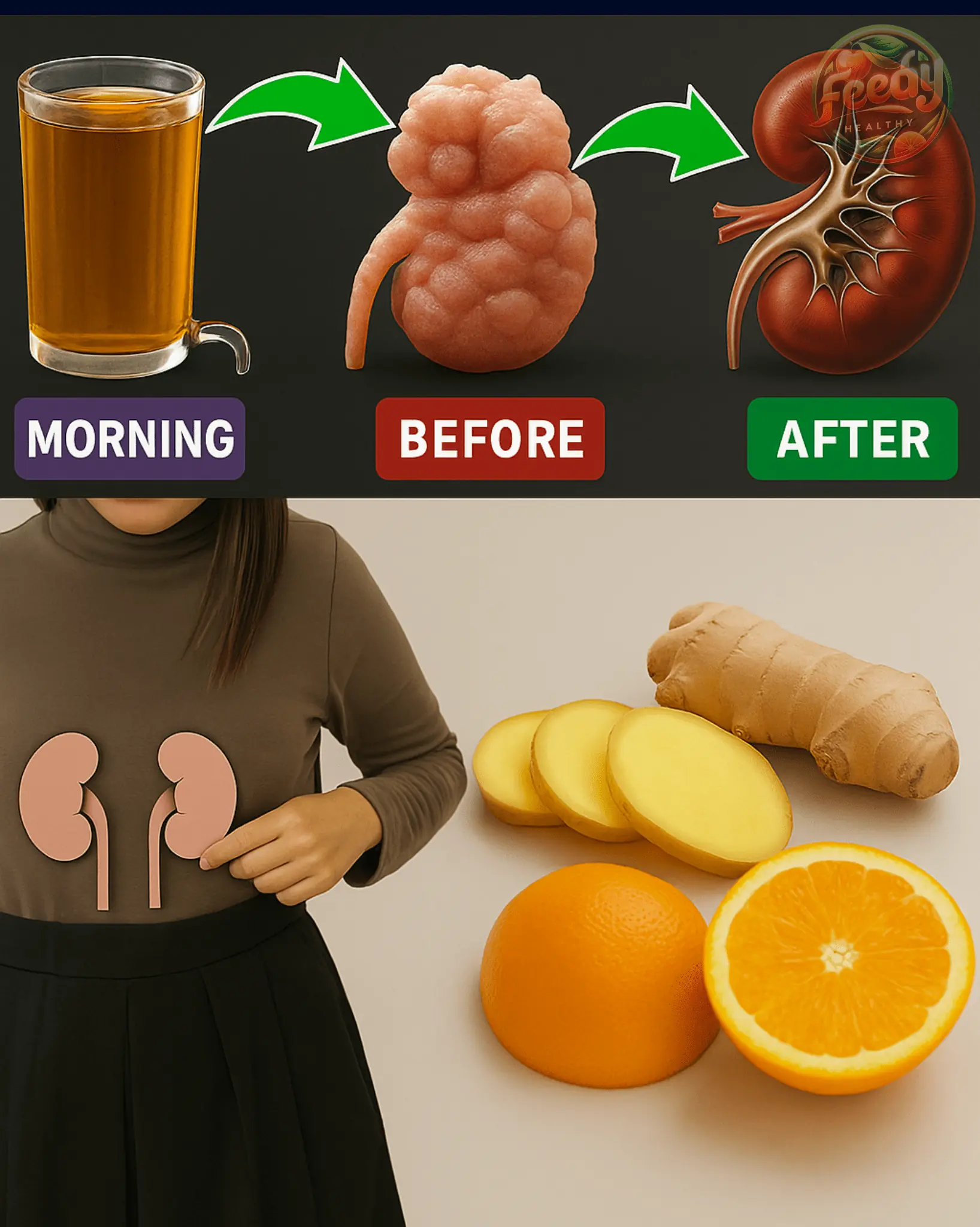
Tangerine and Ginger: The Detox Duo You Didn’t Know You Needed

If You Pee in the Shower: Myths, Facts, and Possible Consequences
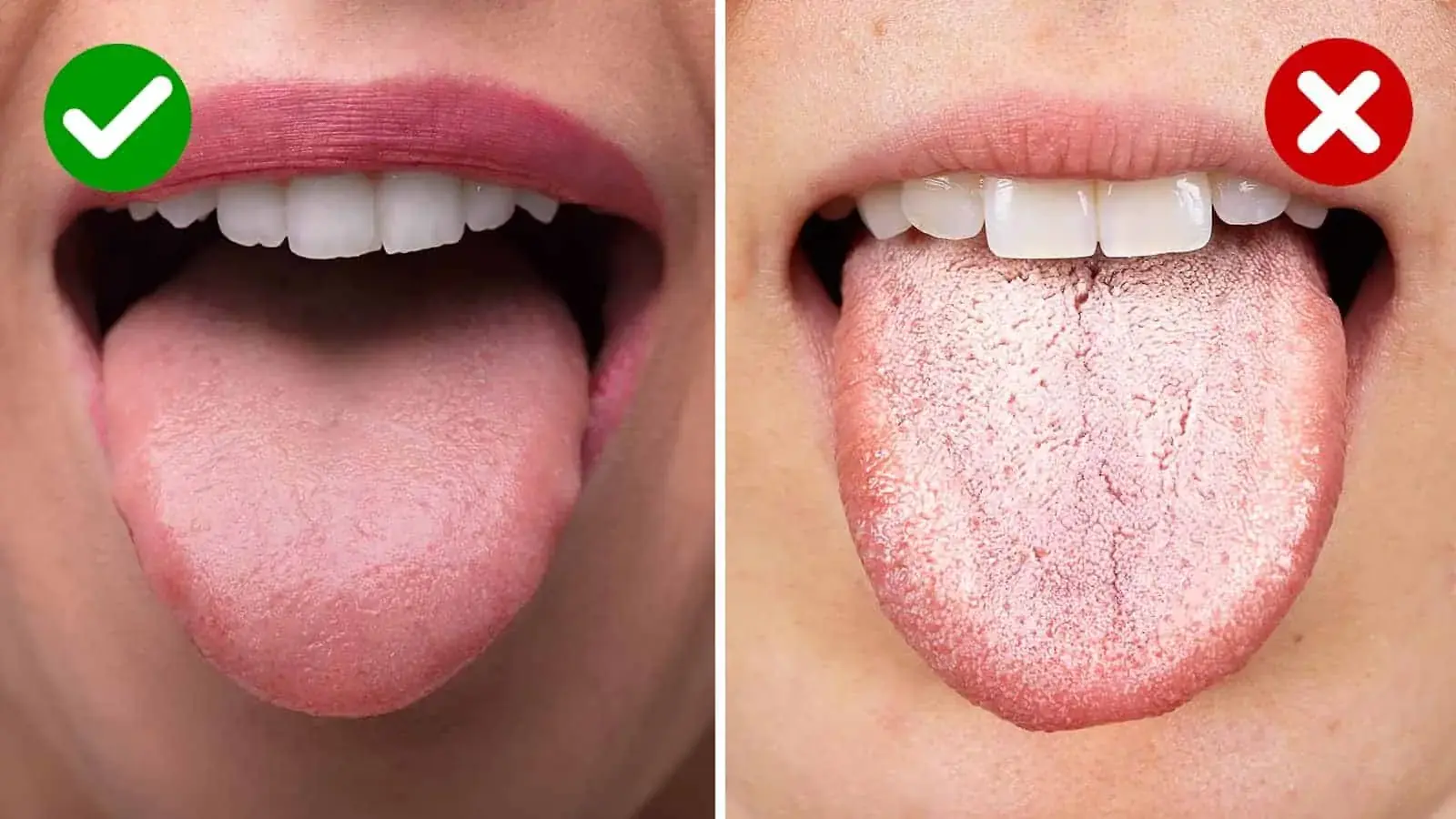
If you’re experiencing these four tongue symptoms, they could indicate underlying health conditions.
News Post

The Most Dangerous Sleeping Position: What You Didn't Know

Benefits of Drinking Water on an Empty Stomach: Boost Your Health from the Start of the Day
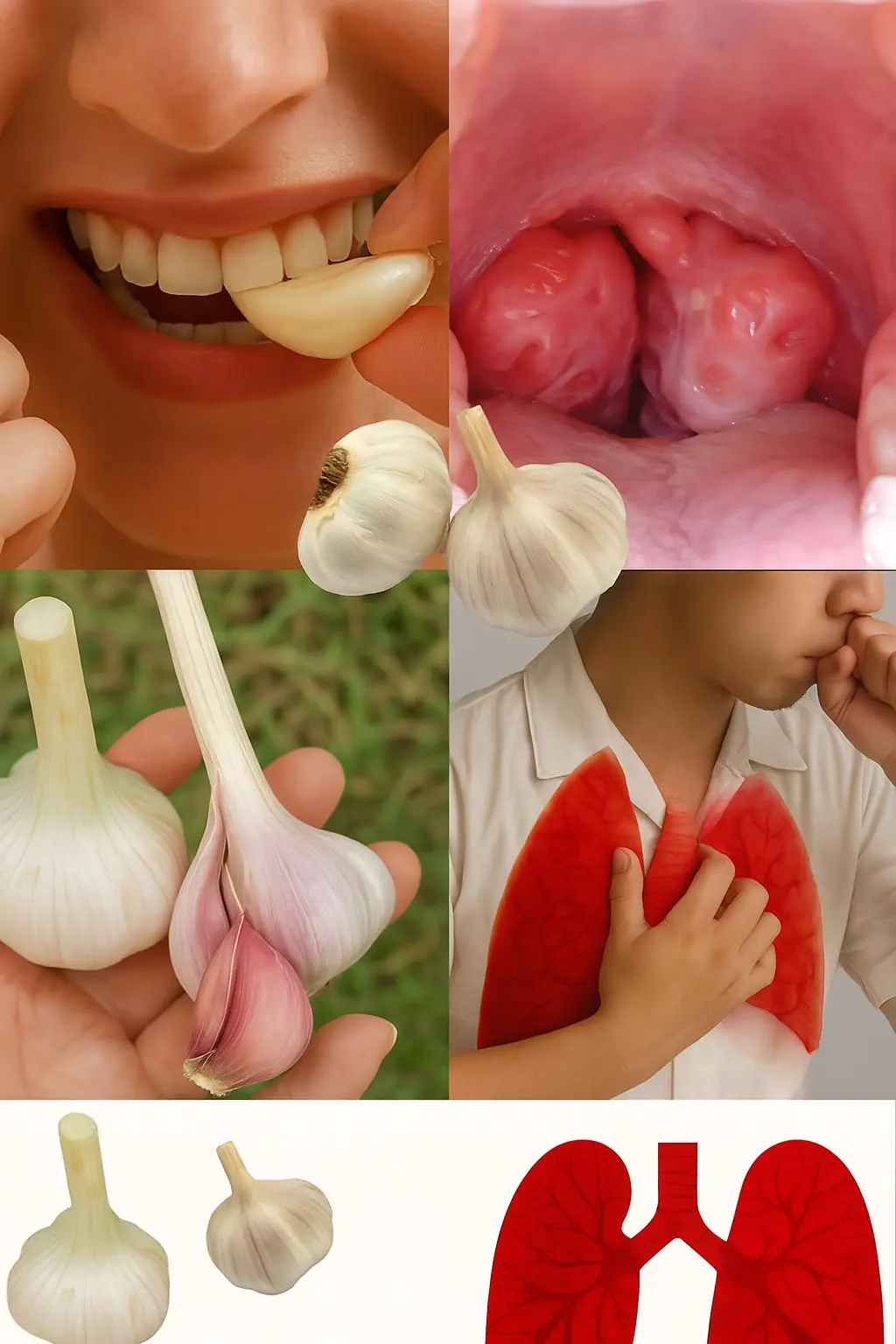
The Benefits of Raw Garlic: A Natural Remedy for Respiratory Health

Benefits of Onion in Water: A Natural Remedy for the Prostate

Eliminates bloated belly, clears urinary infections, and cleanses fatty liver.

Expert Reveals: Why a Boiled Egg Could Transform Your Health

The Most Dangerous Sleeping Position: What You Didn’t Know

5 Things Doctors Say You Should Never Give Your Kids to Help Prevent Cancer

5 Foods Dubbed “Vacuum Cleaners” for the Lungs: Eat Them Regularly to Cleanse Your Lungs

Research Reveals: Regularly Eating Fried Eggs in the Morning Can Bring 4 Major Health Benefits

The insights your finger length offer about your personality

👸🏻✨ Princess-Inspired Celebration Cake

☕ Ultimate Coffee Lover’s Coffee Cake

💛 Mango Chiffon Cake

The Deadly Beauty of Lake Natron: Where Nature Turns to Stone—And Flamingos Call It Home

Milaf Cola: The World’s First Date-Based Soda Could Revolutionize the Soft Drink Industry

Hungry boy called 911, but what arrived was more than just food
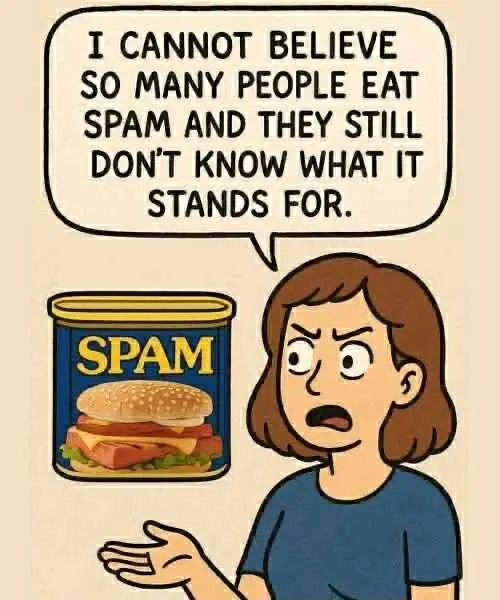
What’s SPAM, really — and what goes into it?
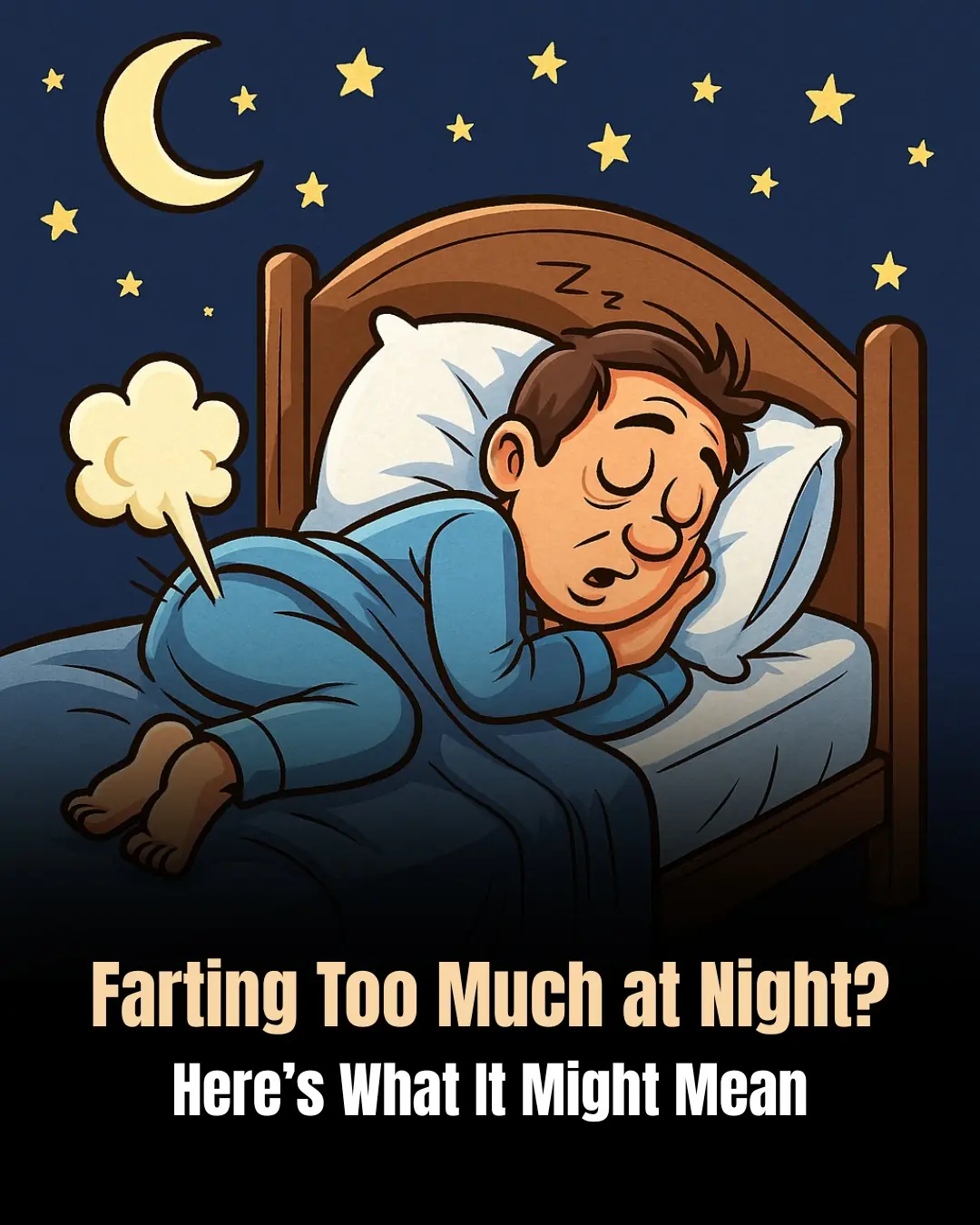
Farting Too Much at Night

